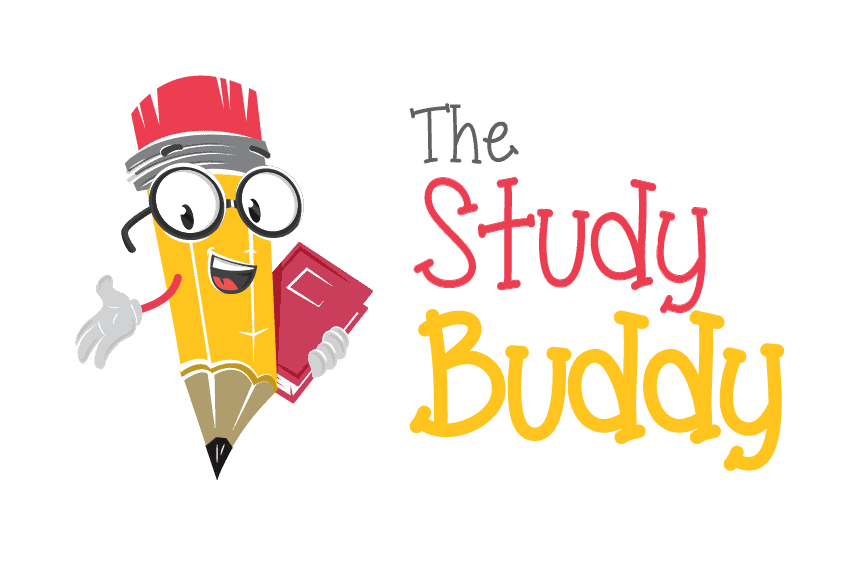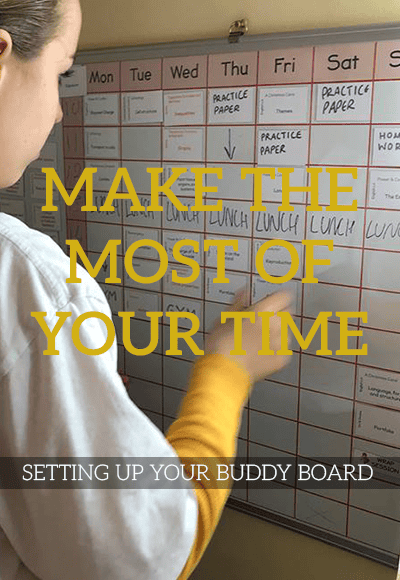On revision techniques that work with Kate Jones

“I’ve been revising for ages” is often something that battle weary parents will have heard when asking how it’s going. As if lapsed time, spent near an open book or with a YouTube video playing a good use of time. But to be fair, it’s not just the procrastinators and the avoiders that struggle with the actual how of revising. Even conscientious students can get lured into spending hours prettifying notes or highlighting textbooks, without knowing what value it does – or doesn’t – add. So, just what are the dos and don’ts when it comes to making the most of that precious revision time?
In this episode, The Study Buddy founder, Nathan, is joined by Kate Jones – in her second Study Sessions appearance. A History teacher by trade, Kate is the author of several education books, with a focus on cognitive science and in particular retrieval practice.
Listen Now
This week we are taking a practical look at some of the revision techniques; helping your teen’s performance in the exams. Including flashcards, blurting and brain dumps, elaboration and past papers.
In this third season of the podcast, Nathan – founder of The Study Buddy – will be talking to parents, students and teachers about GCSE and A Level exams in 2022. Sharing these real-life experiences will confirm we’re not alone and should also provide plenty of advice and tips when it comes to supporting our own teens.
If you would like to take part in a future episode please drop us a line: hello@thestudybuddy.com
Tags
What do you think?
Related Articles

Parent Power: Unlocking Learner Success
When it comes to a child’s success in life, parents are the unsung heroes. While schools and peer groups play obviously significant roles, the

Surviving Exam Season: Your Self-Care Survival Guide
You’re up to your eyes in revision schedules and practice papers. So it’s little wonder we often forget a crucial element that underpins success in

Your Pre-flight Exam Checklist.
It’s crunch time! Those final weeks before exams are a delicate balance of intense preparation and crucial self-care. Here’s a breakdown of key things students








